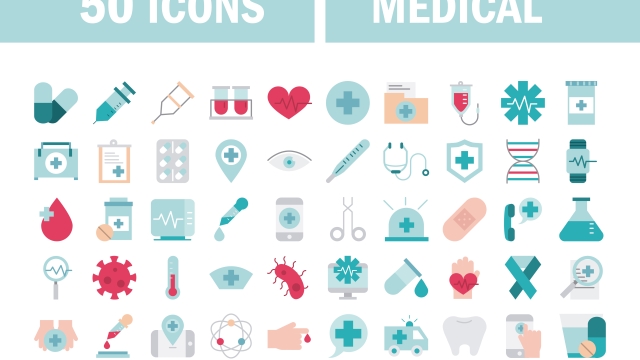
Career Pathways: Advancing as a Medical Science Liaison
![]()
In the dynamic landscape of the healthcare industry, the role of the Medical Science Liaison has emerged as a critical function bridging the gap between pharmaceutical companies and healthcare professionals. This position allows for the application of medical expertise in a way that fosters collaborative relationships and advances scientific knowledge. MSLs play a vital role in ensuring that medical information is accurately communicated, thus helping to inform treatment decisions and improve patient outcomes.
As healthcare continues to evolve, the demand for skilled Medical Science Liaisons is on the rise. These professionals not only possess a deep understanding of medical science but also excel in communication and relationship-building. For individuals interested in pursuing a career in this field, understanding the pathways to becoming a successful MSL can lead to fulfilling opportunities that impact both the medical community and patient care initiatives.
Role and Responsibilities of a Medical Science Liaison
A Medical Science Liaison plays a crucial role in the healthcare industry, serving as a bridge between pharmaceutical companies and healthcare professionals. Their primary responsibility is to provide scientific and clinical information about a company’s products, helping to ensure that healthcare providers have the latest data to make informed decisions regarding treatment options. This requires a deep understanding of both the medical field and the specific therapeutic areas in which they operate.
In addition to providing information, Medical Science Liaisons are responsible for building and maintaining relationships with key opinion leaders, researchers, and clinicians. By fostering these connections, they facilitate valuable discussions that can influence clinical practice and inform research directions. They also gather insights from healthcare providers, which can be used to guide the strategic planning of clinical trials and marketing initiatives.
Moreover, Medical Science Liaisons are often involved in training and educating both internal teams and external stakeholders. They may conduct presentations and symposiums, ensuring that the latest clinical data and product information are effectively communicated. By enhancing the understanding of new therapies, they contribute to improved patient outcomes and help position their company as a leader in the industry.
Skills and Qualifications for Success
To excel as a Medical Science Liaison, strong communication skills are essential. This role requires the ability to convey complex scientific information clearly and persuasively to diverse audiences, including healthcare professionals, researchers, and internal stakeholders. Building rapport and trust is vital, as MSLs often serve as the bridge between pharmaceutical companies and the medical community. Effective listening skills also play a critical role in understanding the needs and concerns of healthcare providers.
A solid scientific background is crucial for a successful career as a Medical Science Liaison. Candidates typically hold advanced degrees in life sciences, such as a PhD, PharmD, or MD, which provide the foundational knowledge required to discuss and disseminate scientific data. Additionally, staying current with emerging research and industry trends is important, as this enables MSLs to engage in informed discussions and provide relevant insights that contribute to the advancement of medical practices.
Beyond scientific expertise and communication abilities, a successful MSL should possess strong analytical and problem-solving skills. This involves interpreting clinical data, assessing the implications for patient care, and effectively addressing questions raised by healthcare professionals. Adaptability is also key, as the pharmaceutical landscape is constantly evolving, and MSLs must be ready to pivot their strategies and approaches to meet new challenges and opportunities in the field.
Career Advancement Opportunities
For Medical Science Liaisons, there are several pathways for advancement that can enhance both their professional development and career prospects. One common trajectory is moving into leadership roles within the medical affairs department. With experience, MSLs can transition to positions such as Senior Medical Science Liaison or Medical Affairs Manager, where they can oversee teams, develop strategies, and lead initiatives that align with company goals.
Get Started
Another avenue for growth is the opportunity to specialize in a particular therapeutic area or indication. MSLs with extensive knowledge and expertise in specific fields can become thought leaders or experts, which may lead to strategic roles in research and development or product launches. This specialization not only elevates their profile within the industry but can also open doors to roles such as Director of Medical Affairs or even higher executive positions.
Networking and continuous education also play a crucial role in advancing a career as a Medical Science Liaison. Engaging with professional organizations, attending conferences, and pursuing additional certifications can enhance an MSL’s visibility and credibility. Building relationships with key opinion leaders and stakeholders within the medical community can further facilitate opportunities for career progression, making the role of an MSL a dynamic and evolving career path.

